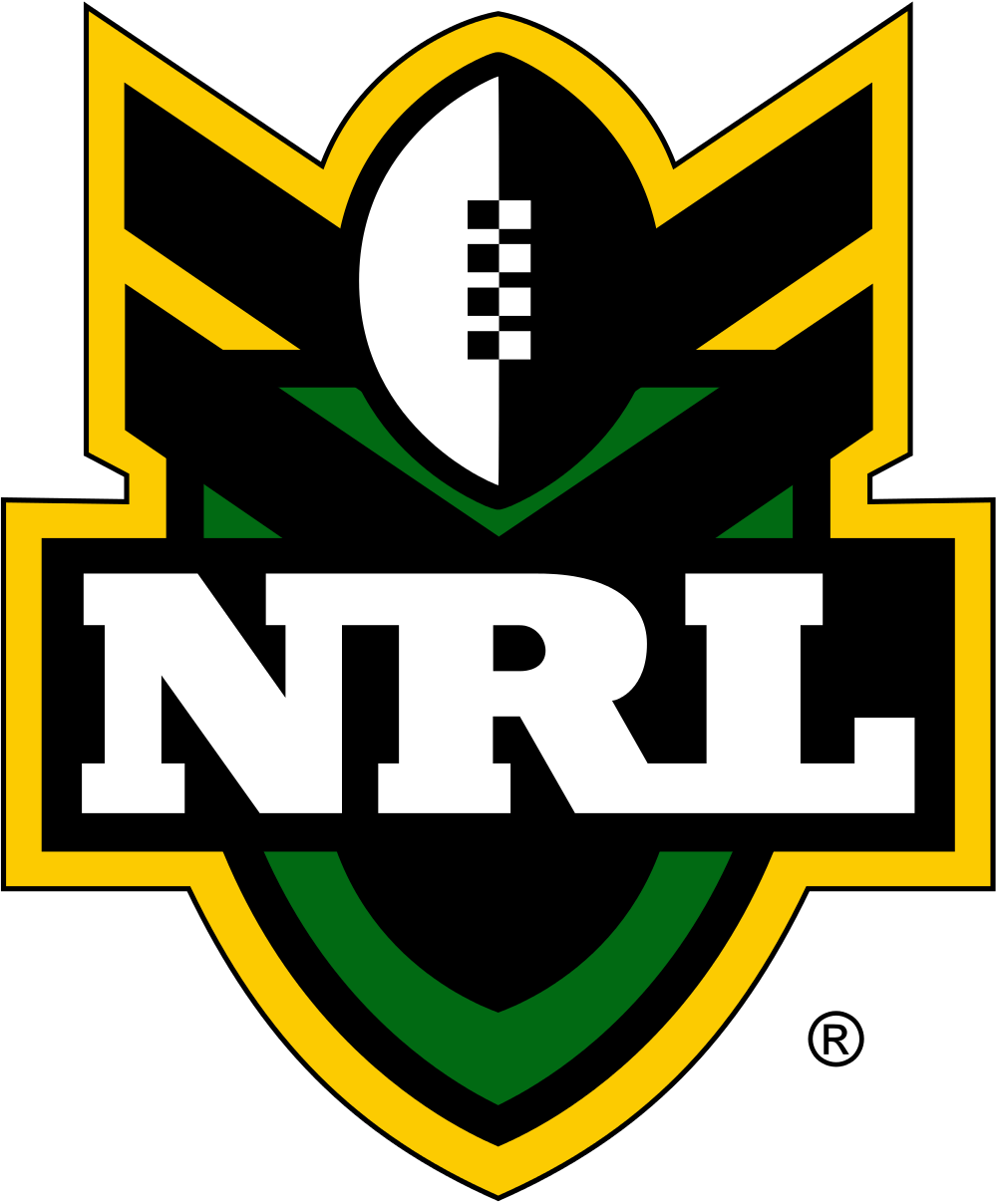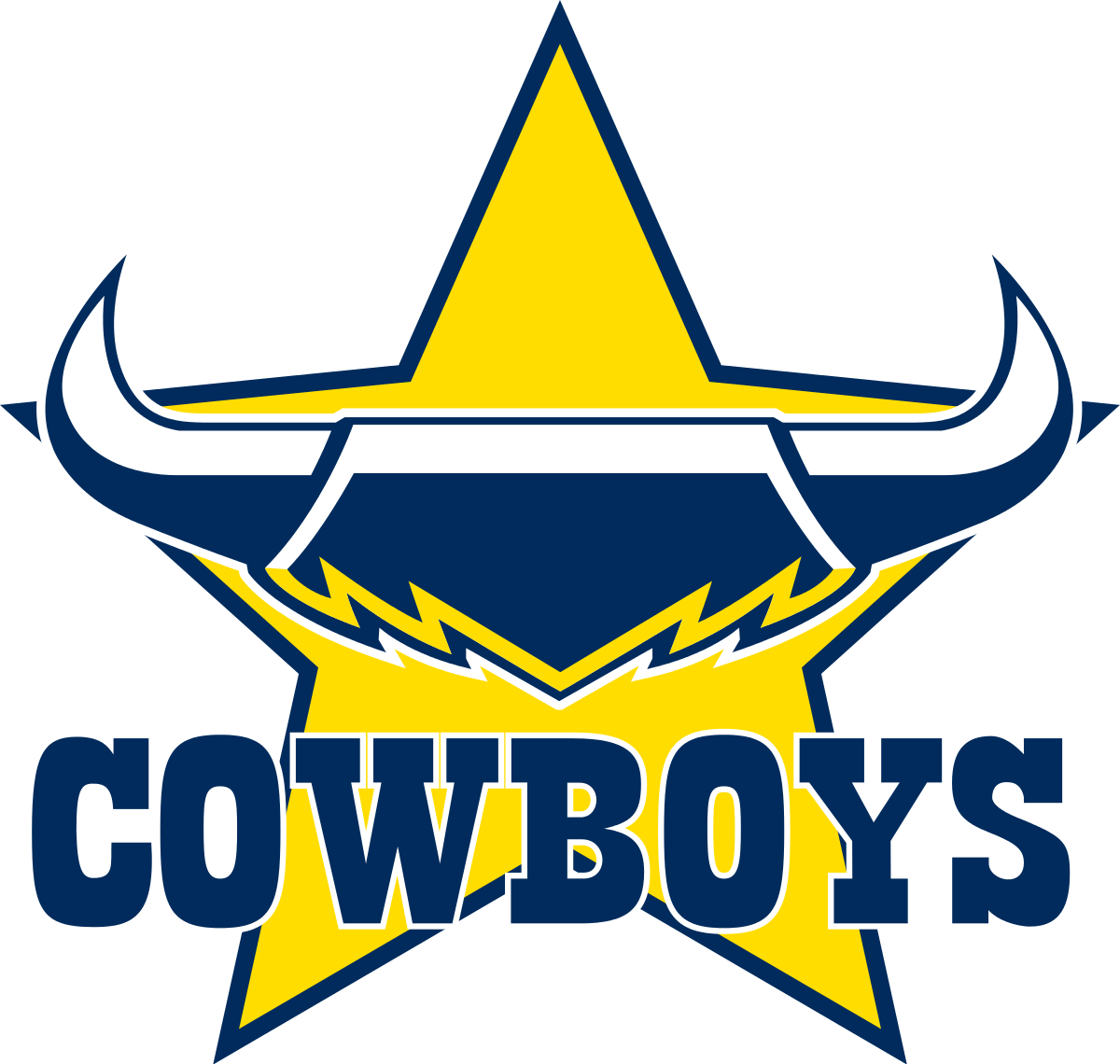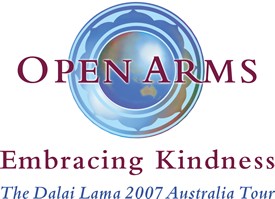Content
This is the powerless aspect of the disease – I was powerless over whether I drank or used. I know you don’t believe what I am saying, but trust me when I say if my life then was better than my life now, I would still be drinking! But we are getting off track, step one actually has two different parts that I needed to realize. I was sitting on the steps of the halfway house I attended for more than five months with my sponsor when I decided to jump into the steps. If you are struggling with addiction to alcohol, drugs or a combination of substances, you don’t have to deal with your problems alone. We’re available to talk 24 hours a day, and we offer a wide variety of science-based treatment programs.
Rather, look at step one as knowing what you can and cannot handle. Alcoholics Anonymous (AA) operates under a set of 12 steps to achieve daily recovery. AA is a group of fellow recovering alcoholics who use the 12 steps and sponsorship to hold you accountable and offer you a daily reprieve from alcohol dependency. Ambrosia was founded in 2007 with a mission to provide truly individualized substance abuse treatment to every person who enters one of our programs. All of this culminates in my choice not to take responsibility for the feelings, beliefs, and actions of others.
How Can You Reach Step 1 of AA?
Many people with an addiction to alcohol feel guilt, low self-esteem, and shame. When a person admits that alcohol is affecting his or her life, they can start recovery. The first step is about powerlessness over behavior that makes the individual’s life unmanageable. The first step of AA says, “We admitted we were powerless over alcohol and that our lives had become unmanageable.” Admitting powerlessness over alcohol is the foundation of your recovery. If you still believe that you have some sort of control over your drinking, you will drink again.
That everything happening is under our power of control. Learn how we can help your family by calling a Treatment Advisor now. There were moments of old self-doubt, when I was positive I was not connecting with any of these new faces looking back at me. After the event, four women approached me with stories of their own; each with varying degrees of struggle, recovery, and hope. In time, through trial, error and immense pain, this myth of power (lending itself to miscalculated confidence) became my terrifying reality; spiritual chaos.
Alcoholism contributes to many physical and mental health issues, and even death.
Understanding the Twelve Steps of Alcoholics Anonymous can be vital in helping you achieve or maintain recovery. The founders of AA understood that in order for alcoholics to truly take ownership of their recovery, they needed to accept the fact that life has become unmanageable powerless over alcohol due to their addiction. Cravings can become very strong for a person who has an addiction to alcohol. The brain’s function and the person’s physical health are affected. The brain controls our movements, thoughts, critical thinking, coordination, speech, and walking.
Surrender is the first step towards working to freedom. By seeking help for alcohol addiction, you admit that you’re powerless to stop drinking on your own. Your counselor can help you learn strategies to stop drinking and can be one of the people you reach out to when you are struggling. Many 12-Step programs are well-known groups that use the concept of powerlessness to benefit recovery. The Alcoholics Anonymous (AA) Big Book says “powerless over alcohol” as its first principle. AA members believe they cannot control their drinking without the help of a higher power.
What powerlessness isn’t
It’s about admitting that alcohol controls you, and not the other way around. The only way to heal an illness is to admit that it is a disease, which is exactly what you do when you embrace Step 1 of AA and admit that you’re powerless over alcohol. Admitting you are powerless over alcohol, drugs or a behavior means accepting the fact that you have an addiction that exerts tremendous power and control over your life. Despite your best intentions, you’ve lost the ability to limit your intake of alcohol or drugs or stop the behavior. Admitting to being powerless over alcohol will help a person to recognize that he or she does not have control with their drinking.
There’s not a simple pill you can take to cure this disease. Instead, the treatment available focuses on helping you manage your condition, so you can achieve sobriety and resist relapse to alcohol abuse. We sometimes feel as https://ecosoberhouse.com/article/alcoholic-ketoacidosis-symptoms-and-treatment/ if we are the victim and point fingers at other people or situations. This kind of thinking prevents us from looking at our powerlessness. Accepting our powerlessness opens us up to the willingness for a Higher Power’s help.





































